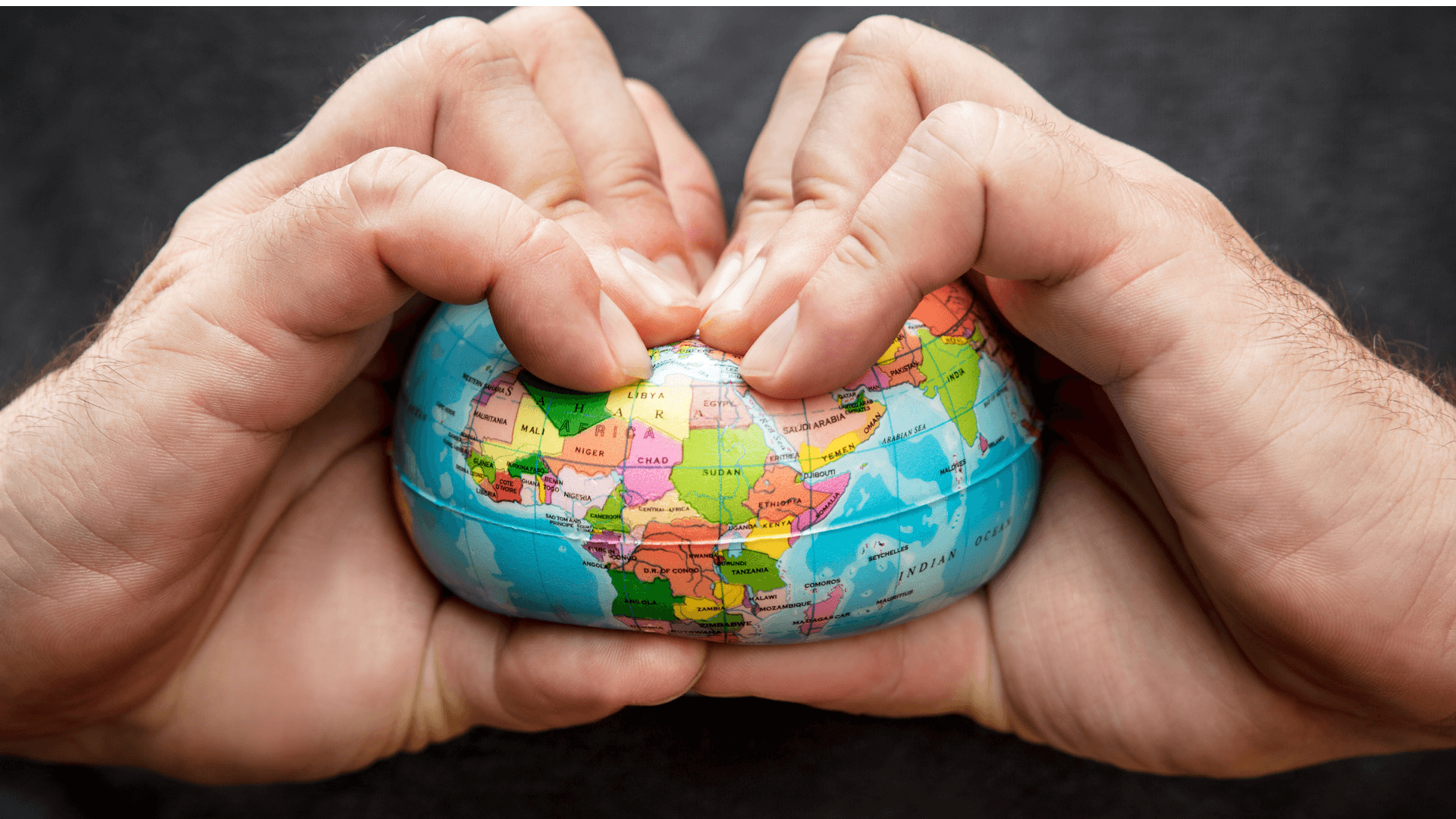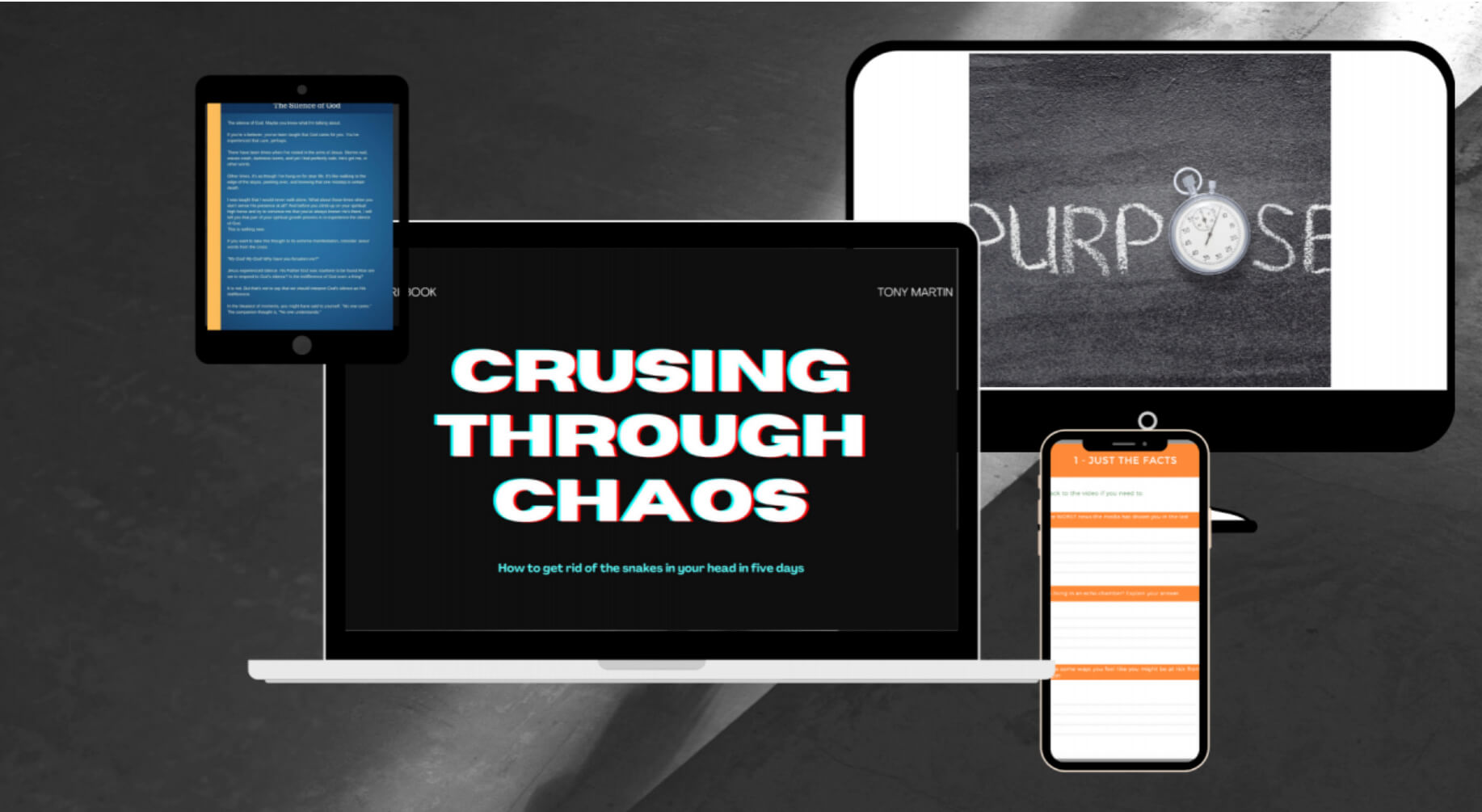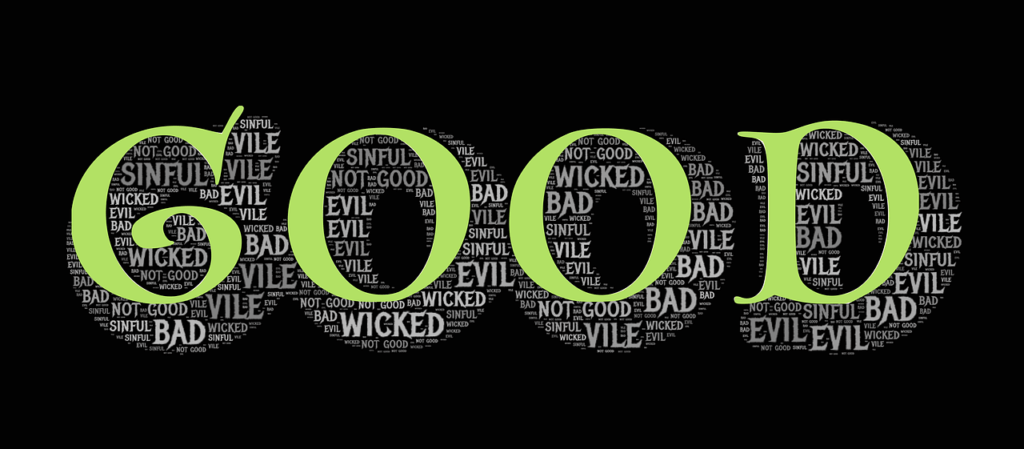It’s okay to not be okay – 3 thoughts.
It’s okay to not be okay. There’s more to us being here than just existing.
Look what Oregon did:
The state of Oregon will now allow students to take an excused day off of school for mental health reasons.
The new law, signed last month by Gov. Kate Brown and expected to go into effect this fall, lets students take up to five mental health days every three months, although school districts are free to create their own schedules. Students will also be granted permission to make up any tests they may have missed.
“I took on this cause for a personal reason first off because so many of my close friends in high school struggled with depression, and there were times when I saw them at school when they really shouldn’t have been there, would have been much better for them to take a day off,” Hailey Hardcastle, a recent high school graduate who was among those lobbying for the new law, told TODAY.
In Oregon, suicide is the second leading cause of death among 10- to 34-year-olds. Nationally, suicide is at a 50-year high.
I’m working on unpacking this. My sense is that it’s okay to struggle, but not okay to pretend.

With all that as a backdrop, here’s three thoughts for when you’re not okay.
- Our feelings are facts. The sun is shining right now. It’s a fact. No matter how upset I get, it won’t change the reality of the sunshine. If I were to step outside and stay out for a while, I’d get sunburned.
Our mental and emotional states are a lot like that. It’s pointless to deny our feelings. They need to be acknowledged. It’s not a matter of strength or weakness. It just is.
I love C.H. Spurgeon. I’ve found a lot of helpful encouragement in a little book by Zack Eswine, Spurgeon’s Sorrows. I’ve referenced it before. Spurgeon knew that mental illness could be as devastating as physical illness:
“The mind can descend far lower than the body. For [the mind] there are bottomless pits. The flesh can bear only a certain number of wounds and no more, but the soul can bleed in ten thousand ways, and die over and over again each hour.”
Yikes.
This is nothing new, of course. Check out the Psalms. A goodly chunk of them are what are identified as psalms of lament. They are written testimonies of men in dark, dark places. For instance, here’s a sample from Psalm 88:
14 Why, Lord, do you reject me
and hide your face from me?
15 From my youth I have suffered and been close to death;I have borne your terrors and am in despair.
16 Your wrath has swept over me; your terrors have destroyed me.
17 All day long they surround me like a flood; they have completely engulfed me.
18 You have taken from me friend and neighbor—darkness is my closest friend.
Darkness is my closest friend. I’d say the Psalmist wasn’t feeling so great about himself.
I could go on, but the takeaway here is simply that God understands us at our lowest point. We are not freaks or weaklings when we bottom out. Feelings are real. God gets that.
2. You need a friend. Even if you classify yourself as a loner, and could teach introversion on the graduate level, having a safe person to turn to is a virtual necessity. Of course, you could hire someone – there are counselors, therapists, and professional people galore – but talking about things with a friend is downright special.
Just make sure it’s someone who can do more good than harm. You don’t need someone telling you “It could be worse,” or “At least you know what you need to do.” Job had his “miserable comforters.” Maybe they meant well, but they wanted to blame Job for all he was facing. That’s not helpful.
I’m reminded of an old hymn, O Worship the King. One lyric line refers to God as “maker, defender, redeemer, friend.” I mean. That’s all I need from God as comforter and counselor:
-
- Maker. He put us together. We’re part of His creation. He knows intimately what makes you you, and because of that, He knows exactly where our heads and hearts are at in any point in time, and He engineers circumstances around us accordingly.
- Defender. He protects us. He guards us. He is an advocate for us. When you’re being attacked – and note that attacks can come from our own minds – He is a shield from the bad stuff. He’ll only let you experience what you absolutely need to experience.
- Redeemer. He offered salvation, of course, and I received it. In addition, though, He saves me from myself. He knows when we’re stricken and offers deliverance from whatever is haunting us.
- Friend. I can’t get my head wrapped around knowing the creator of the universe is my friend. He hopes for us when we don’t have hope for ourselves.
3. There is hope for the future. That may sound pat, but that doesn’t make it any less true. Yes, it’s sunshiny, but I just looked at the radar. There is no rain in the forecast. And guess what – the sun would continue to shine whether I looked at the radar or not. It isn’t a matter of me knowing what the future forecast is – it’s grounded in the nature of reality. The sun will shine the rest of the day.
We desperately need hope. Fortunately, it’s readily available. There are those with a certain worldview who’d state that they are a haphazard bundle of biological stuff, perched on an insignificant piece of cosmic real estate, simply biding their time in an indifferent universe. Their hope is that they can perhaps make a small difference in the temporal world they live in, but beyond that – nothing. The void. “You might as well live,” Dorothy Parker wrote. I’m convinced there’s more to us being here than just existing.
To the kids in Oregon (and perhaps to all of us), I’d say that there is real comfort and hope available. There are many, many resources available to those dealing with mental/emotional issues. There is absolutely no shame in seeking out the help one needs, and that could involve counseling, therapy, medication, or any number of other tools.
There is finally this: Christ has risen. That’s the blessed hope right there. Jesus has loved us to hell and back. We hope, not in denial of the state of ourselves, but rather in the certain glory promised us. There is a mountaintop joy awaiting. It all comes back to Him, you know? In Him, we have a legitimate reason to hope. I’m all for using whatever resources are available to us. But He is the Great Physician, and all healing – mental, emotional, physical – ultimately comes from Him.
Jehovah-Jireh: A study on hope, revisited.






